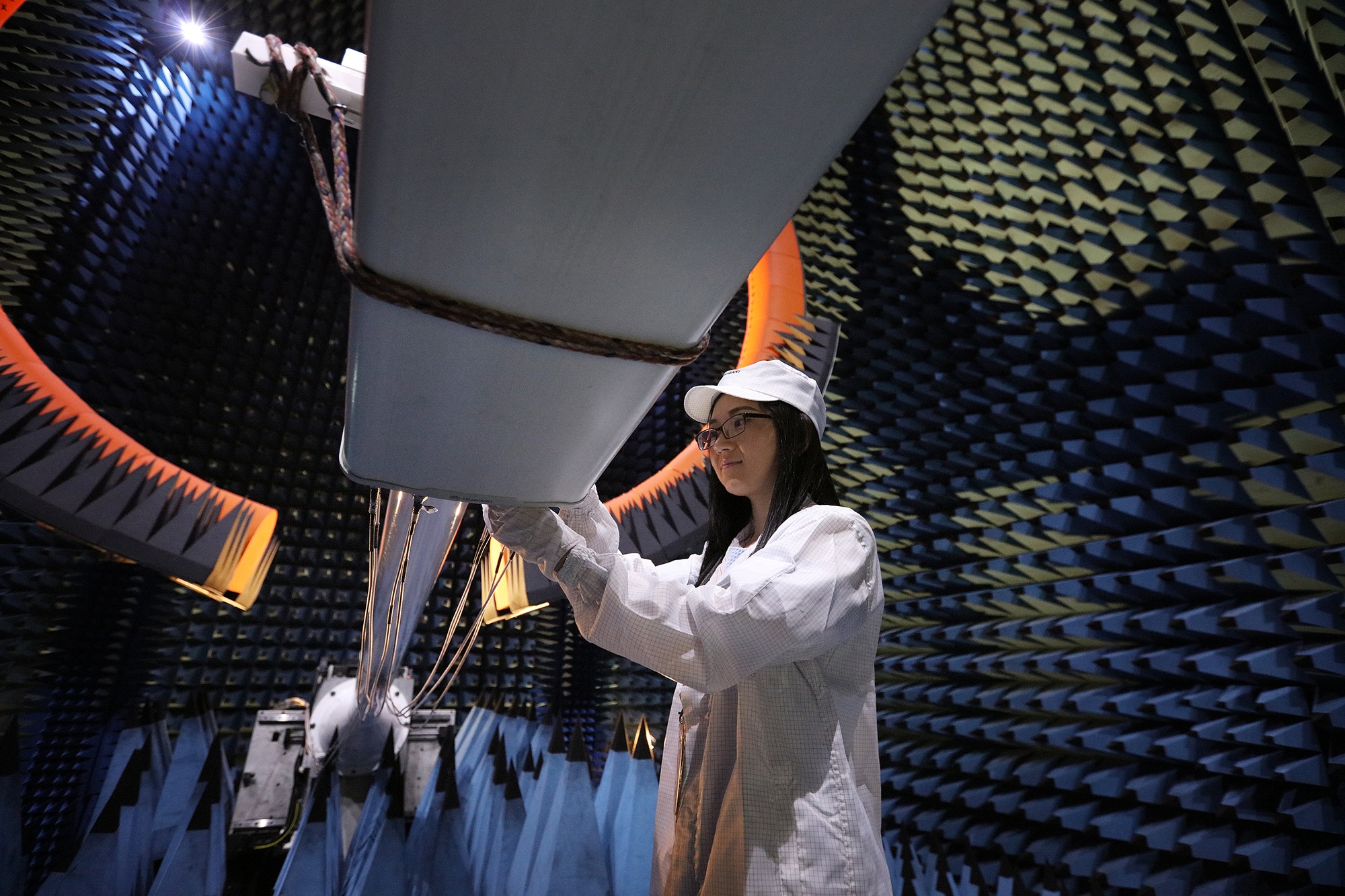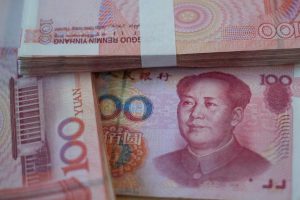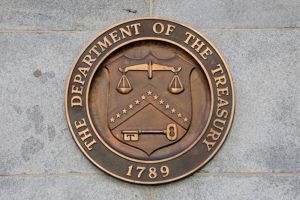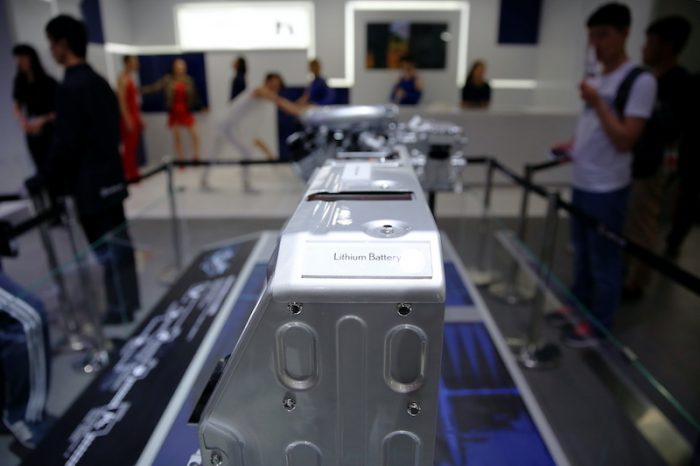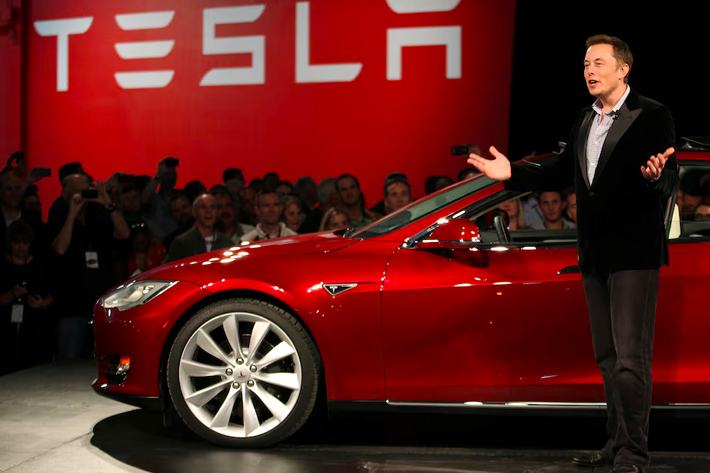(ATF) – Huawei said it has not rejected Google apps on its new phones and hopes to work again with the US tech giant.
The exclusive comment given to ATF by CEO Richard Yu followed the release of Huawei’s first range of phones to feature its own operating system. Huawei removed Google content from its handsets after the Shenzhen-based company was blacklisted by the White House, which views it as a threat to US national security.
But Yu said Huawei was ready to resume the once-lucrative partnership the world’s second largest handset maker had with Google.
“Huawei is not rejecting Google products, and we hope to continue to work with Google in the future,” Hu told ATF. “We have had a long and mutually fruitful relationship with Google in the past.”
Huawei shipped its latest handset range the P40, loaded with the new Huawei Mobile Service (HMS) operating system HarmonyOS. The platform was unveiled lat last year for internet-of-things and other applications, but the P40 marks its first use in a handset.
P40 ‘popular’
Yu said the range, including the lower-priced entry-level P40 Lite, was proving popular.
“P40 Lite, which was launched overseas with HMS, also sold well,” he told the news site Thepaper.cn.
Huawei is betting its new OS will be as successful as Android and Apple’s OS, and has sought to encourage the development of native apps by offering tech experts 85% of all income earned from new products sold on its app gallery, he said.
“We currently have 400 million active app gallery users worldwide,” Yu told ATF. To attract creators the company has “allocated $1 billion funding to encourage developers”.
Huawei also offers “enhanced tech support for developers”, he added.
While Yu wouldn’t be drawn on the cost implications of the US ban on Huawei products or the removal of Google content, Yu said he was confident the second-half of the year “would be good” and that he expected to maintaining growth throughout the year, according to Thepaper.cn.
As long as the market deteriorates no further, the consumer business will continue to grow well, he said.
READ MORE: Huawei P40 phone uses no apps from Android maker
Huawei is, nevertheless, expanding its domestic operations. It signed a memorandum of cooperation this week with Beijing Unicom to jointly release the contents of the 5G Capital joint innovation project.
The two companies will rely on the project to continuously carry out 5G technology innovation and high-speed business, expand smart business on the network, summarise business models, accelerate the construction of new infrastructure and build a global 5G benchmark, according to a statement on Huawei’s website.
The memo states that the companies will build two development projects: one in Financial Street in the Xicheng District of Beijing and another at Beijing Daxing Airport.
5G messaging
Meanwhile, China’s three major mobile operators, namely China Mobile, China Unicom and China Telecom also unveiled plans to upgrade traditional text messaging services with the help of 5G technology.
They jointly released a white paper on 5G messaging services, vowing to improve their text messaging system to give users access to enhanced features including the sharing of high-resolution photos, files, locations and shopping coupons.
The new features will also enable companies to better interact with users and customise their services through multimedia content, according to the operators.
While instant messaging apps such as WeChat already have such features, the apps usually focus on multimedia communication among friends. By contrast, 5G messaging will enable wider interactive communication, facilitating the better flow of commercial information, Huaxi Securities noted.
The 5G messaging services will be available on a number of compatible devices including those made by Huawei, ZTE, Xiaomi, Samsung and OPPO.
ATF China Bond 50 Links:
· Huawei Investment Holding 102000446.IB




